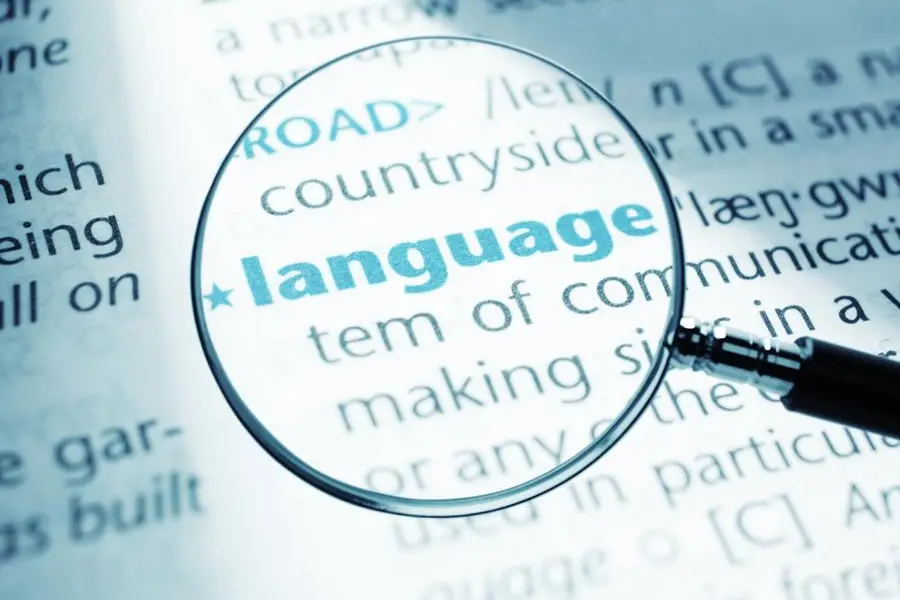PHOTO
No sooner had we written here about the Words of the Year anointed by the Cambridge, Collins and Merriam-Webster dictionaries, than two others entered the fray.
The one that got the most attention worldwide was, of course, Oxford University Press, publishers of the venerable, and hugely revered, Oxford English Dictionary, which named “rizz” as its word of the year. This selection marked a welcome departure from the artificial-intelligence-related themes of the three earlier choices, highlighting as it does the popularity of a term used by Generation Z. “Rizz”, apparently, describes someone’s ability to attract another person, and is believed to come from the middle of the word “charisma”. It can be used as a verb, as in to “rizz up,” or chat someone up, and as a noun, as in “he’s got rizz” (unless he’s Tom Holland, who famously declared he didn’t have any). I don’t see myself using “rizz”, somehow, since “charisma” is already in my vocabulary and I don’t find it needs contraction — but to each his own, as we Baby Boomers find ourselves frequently saying about members of Generation Z!
“It speaks to how younger generations create spaces — online or in person — where they own and define the language they use,” the publisher explained. “From activism to dating and wider culture, as Gen Z comes to have more impact on society, differences in perspectives and lifestyle play out in language, too.” (Interestingly, Merriam-Webster had included “rizz” on its list of the year’s top words too, but as discussed in this column, chose “authentic” instead as its word of the year.)
Next, the highly-respected weekly magazine The Economist, which runs a column on language too, authored by the pseudonymous “Johnson” (a tribute, no doubt, to Dr Samuel Johnson, who came up with the first-ever English dictionary), entered the lists. Wisely, given its global readership, The Economist chose several words to discuss. In Africa, there have been two coups in 2023, so should “coup” be the world of the year there? Or how about the Yoruba verb “japa”, used colloquially in Nigeria to describe making a quick escape from a precarious situation, or even to flee from misgoverned Nigeria itself? Why not the Sanskrit word “vishwaguru”, used frequently by Indian Prime Minister Modi and his admirers, meaning “teacher to the world”? Mr Modi has also been calling his country the “voice of the global south”, and The Economist wonders if “global south”, describing the countries that used to be called “the third world”, should be the word of the year.
From India it turns to China, and picks “lan wei lou”, a Mandarin expression meaning “rotten-tail building”, reflecting the collapse of the country’s property sector, with many partially-complete building projects leaving their buyers in the lurch. Staying with economics (as befits its name!), The Economist turns closer to home, musing about the newly-in-vogue terms “decoupling” and “de-risking”, which have come into use to describe Western economies’ desire to reduce their dependence on China.
But then, perhaps inevitably, it too surrenders to the world of artificial intelligence, acknowledging yet again the way AI has invaded our lives, our workspaces — and our vocabularies. The words it discusses are the ones others picked too — “generative”, “large language models”, and the like. But after discussing this long list, The Economist finally settles for “ChatGPT” as its Word of the Year. As Johnson explains:
“Can a name be a word of the year? Is it even a word? Yes. Names are nouns. And Google searches for ‘ChatGPT’ are more than 90 times as frequent as those for ‘generative AI’ or ‘large language model’. ChatGPT is the same in every language. Moreover, trade names have a long history of spreading into the collective parlance: aspirin, escalator, Hoover and Frisbee.” (We have discussed that phenomenon in this column months ago.)
So after going around the world, the weekly ends up where all the others bar Oxford did, in AI-land. Not surprising. As TechCrunch wrote, “Few would disagree that 2023 was, in the world of technology at least, dominated by artificial intelligence.” I suppose one must concede the point: AI’s got rizz!
Copyright © 2022 Khaleej Times. All Rights Reserved. Provided by SyndiGate Media Inc. (Syndigate.info).





















